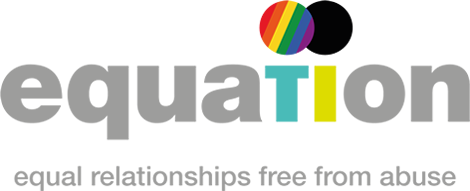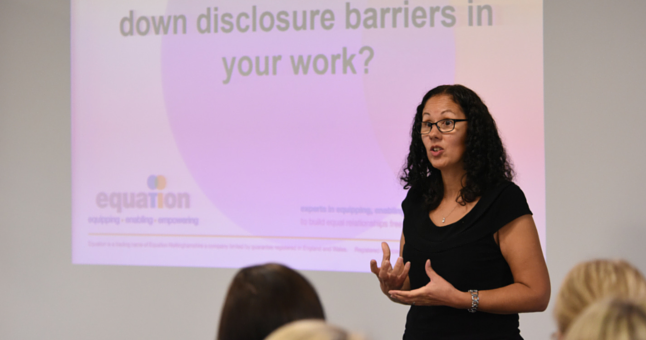There’s been in-depth research into the financial cost of domestic violence in the UK in recent years.
Taking into account the human cost– the women and men who are injured, traumatised and killed as a result of domestic violence, as well as their families and others around them– the cost of domestic violence to the UK is close to £23 billion per year.
Of that £23 billion, it’s calculated that the cost to public services in England alone stands at £5.5 billion per year.
Broken down, that figure includes:
£1.6 billion for physical and mental health costs
£1.2 billion in criminal justice costs
£268 million in social services costs
£185.7 million in housing and refuge costs
£366.7 million in civil legal costs
£1.8 billion in lost economic output
Those figures represent thousands of contacts between survivors of abuse and professional services. That’s police responding to survivors’ calls for help, nurses and doctors dealing with the physical injuries resulting from abuse, social workers juggling the impact of abuse with the impact of other issues such as alcohol misuse on survivors– the list goes on and on.
What these numbers highlight is the key role that police officers, health and care workers, social workers and a vast number of other professionals play in survivors’ lives.
These professionals encounter people experiencing domestic violence every day. That means it’s crucial professionals have a solid understanding of the causes of domestic abuse, as well as the impact of domestic violence on those experiencing it.
They need to be aware of common myths and misconceptions about abuse, and know what might prevent survivors of abuse from speaking about their situation. They need to know what support is available for survivors, and how to help them access this support if they choose to. They may need to know the procedures for referring survivors to the appropriate organisation for help, or for conducting risk assessments. They may be working with perpetrators of violence, and will need to know how to respond to them safely.
It’s all of this knowledge which enables professionals to respond effectively to survivors of domestic violence.
An in-depth understanding of domestic abuse and a consistent approach across all professional services is a key part of ensuring survivors are able to take their steps towards safety sooner. We know that the sooner a survivor is able to seek help, the faster their journey to recovery will be.
For society, increased awareness of the causes of abuse and the myths which surround it is a key step towards ending domestic violence for good.
Free training on understanding and responding effectively to both survivors and perpetrators of abuse is available for workers within Nottingham City and County.
Find out more about our training for professionals here.

